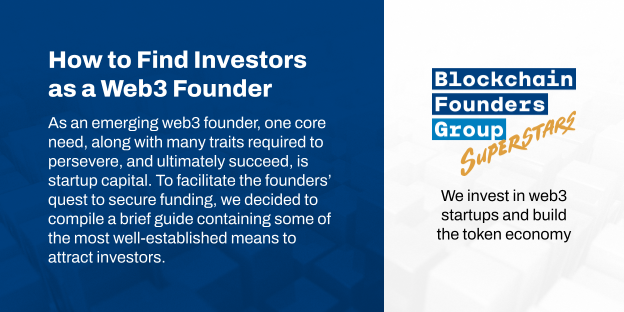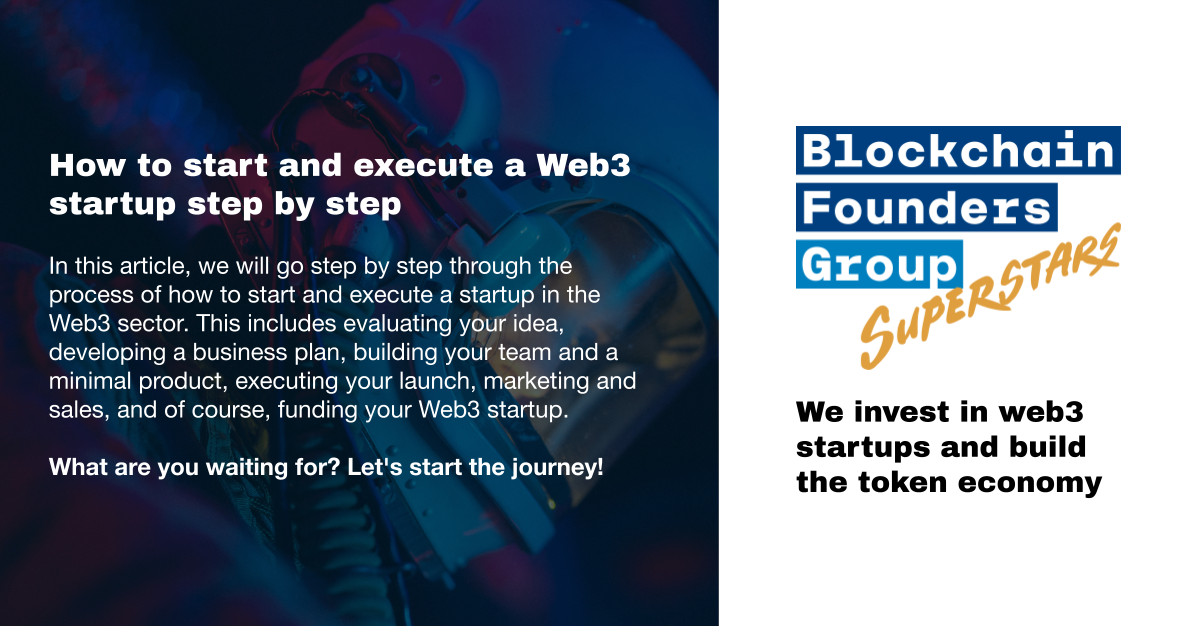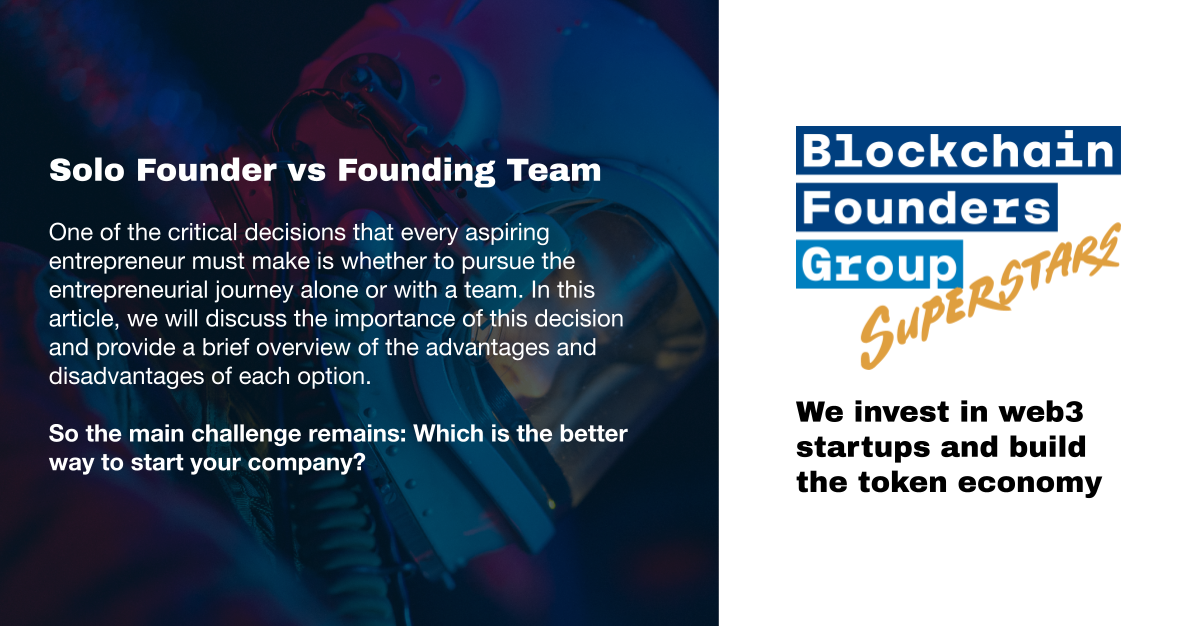Understanding SAFEs: Funding for Startups
Among the various instruments available to startups for raising capital, the Simple Agreement for Future Equity (SAFE) has gained traction since its introduction by Y Combinator in Silicon Valley. For early-stage founders, particularly those in accelerator programs, SAFEs can be a lifeline, offering a flexible way to raise funds without diving into the complexities of traditional equity rounds.
|
Table of Contents |
Introducing SAFEs
What Is a SAFE?
At its core, a SAFE is an agreement between a startup and an investor. The investor provides funds now in exchange for the right to receive equity later—usually when the company raises a significant funding round, like a Series A. Unlike convertible notes, SAFEs aren’t loans. There’s no interest, and no deadline for repayment. If the startup doesn’t raise more funds, there’s no automatic obligation to return the money.
Startups in accelerator programs often use SAFEs as their go-to fundraising tool. SAFEs are particularly helpful when a startup is still figuring out its value. Pre-revenue companies or those in the early stages of product development might not have enough data to confidently set a valuation. SAFEs allow founders to defer valuation negotiations until a later funding round when they’ve proven more traction.
That said, SAFEs aren’t perfect for every situation. If a startup doesn’t plan to raise significant funding later on, a SAFE might not be the best fit. Some investors also prefer more traditional options, where terms and timelines are clearer. This article aims to highlight some SAFE terms that might require careful negotiation – key points that startups and investors should pay close attention to.
Key Terms
1. Conversion Events
A major milestone for post-SAFE financing companies, including those in accelerator programs, is the closing of the first priced equity round. Typically, a SAFE will contain language that provides for the immediate conversion of the investment into equity upon the occurrence of such an event.
However, some SAFEs grant startups the discretion to decide when to convert. This flexibility can be risky because if a SAFE lacks mandatory conversion stipulations, investors could be left without voting power or dividends for an extended period. For investors in startups that have graduated from accelerator programs and are on a rapid growth trajectory, understanding when a SAFE will convert is crucial.
2. Fully Diluted Capitalization
When SAFEs convert into equity, the number of shares an investor receives is determined by dividing the valuation cap by the company’s fully diluted capitalization. This figure represents the total number of shares that would exist if all convertible rights, such as stock options and other SAFEs, were exercised. Accelerator graduates, who typically issue multiple rounds of SAFEs, need to carefully track these numbers to avoid unexpected dilution.
3. Amending SAFEs
If a startup issues multiple SAFEs, amendments may be needed down the road. For example, if a company has to make changes due to legal or structural reasons, they’ll need to modify the terms of all the outstanding SAFEs. To avoid a logistical nightmare, startups should include provisions that allow for changes with the approval of a majority of SAFE holders, instead of requiring everyone’s consent.
Conclusion
SAFEs offer a streamlined way for startups to raise money, but they still come with their own complexities. Founders should pay attention to key terms and ensure they’re prepared for future amendments.
By knowing what to look for and being ready to negotiate, both startups and investors can use SAFEs to their advantage and build a strong foundation for future growth. In addition to SAFEs, other common investment vehicles used by startups and early-stage companies include convertible notes and equity financing, each with its own advantages and considerations for both parties. Understanding these options can further enhance a startup's funding strategy and investor engagement.

About Blockchain Founders Group
Blockchain Founders Group is the driving force behind web3 innovation. As a company builder, we bring together a team of blockchain visionaries, experienced entrepreneurs, and industry experts, all committed to nurturing emerging talent. Our BFG acceleration programs serve as a springboard for launching blockchain startups, where selected projects will be financially supported and given access to our extensive network. Join us in shaping the future of web3!
Stay updated by connecting with us on LinkedIn, Twitter, and YouTube.
Subscribe by email
Share this
You May Also Like
These Related Stories

How to Find Investors as a Web3 Founder

How to Start And Execute a Web3 Startup Step by Step


No Comments Yet
Let us know what you think